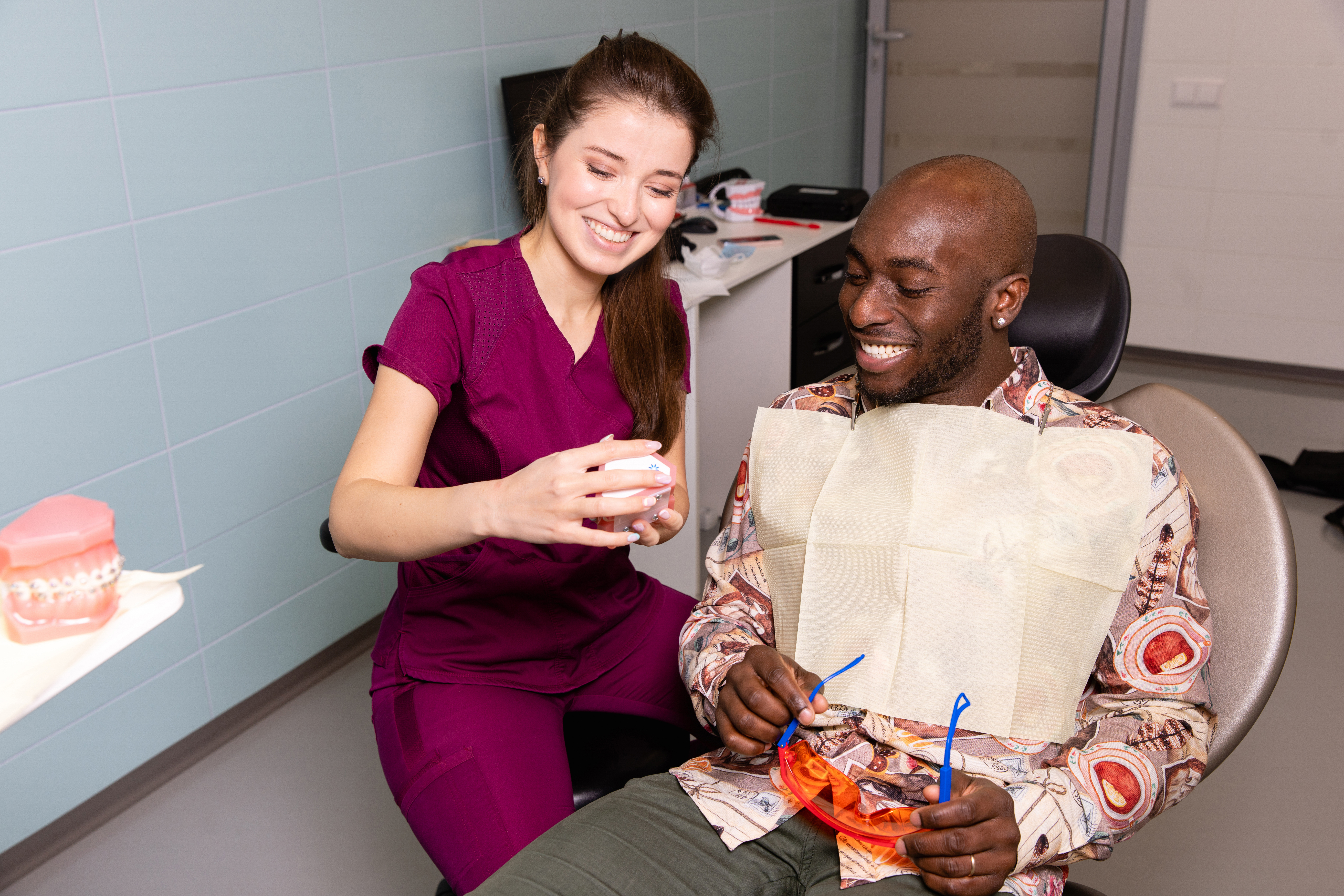We all grew up hearing the same story about gum: don’t chew it because it’s bad for your teeth. While that’s true for sugary bubble gums, chewing the right gum after your morning coffee can be beneficial for your oral health and your smile.
Chewing gum helps increase the flow of saliva around your mouth, which washes away harmful acids commonly found in many foods and beverages. Because these acids can break down your enamel and cause tooth decay, the more saliva the better.
And saliva’s good for more than a washing: it can also carry phosphate and calcium, which can strengthen your enamel. Studies indicate that chewing gum for about 20 minutes after a meal can do the trick.
And while your average pack from the corner store may not come equipped with extra perks, your dentist may be able to recommend gums that are chock full of agents that can strengthen your teeth directly, or even help fight gingivitis.
A quick history
In the past, people used sap from spruce, sapodilla and mastic trees to chew on. While it was tasty, it was time-consuming to extract and not exactly healthy for teeth. In the 19th century, there was mass-produced paraffin wax, which was easier to produce but was not as chewy as its predecessors were. That’s when Mexican sap called “chicle” was discovered — easy to extract and easier to chew. It’s still one of the key ingredients in chewing gum, and is the root word of Chiclets, everyone’s favourite chewing gum brand.
Picking the right chewing gun
If you’re unsure about which gum is best, or are curious about gums that could help prevent tooth decay or gingivitis, just look out for the Canadian Dental Association (CDA) seal of approval. Alternatively, schedule an appointment! We’ll be happy to give you some advice and a few bubble-blowing tips.








